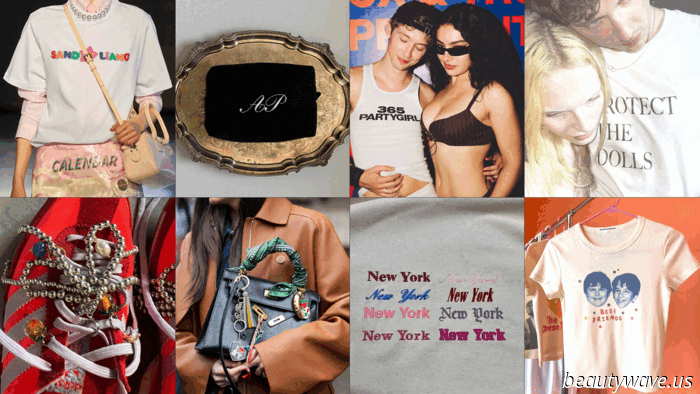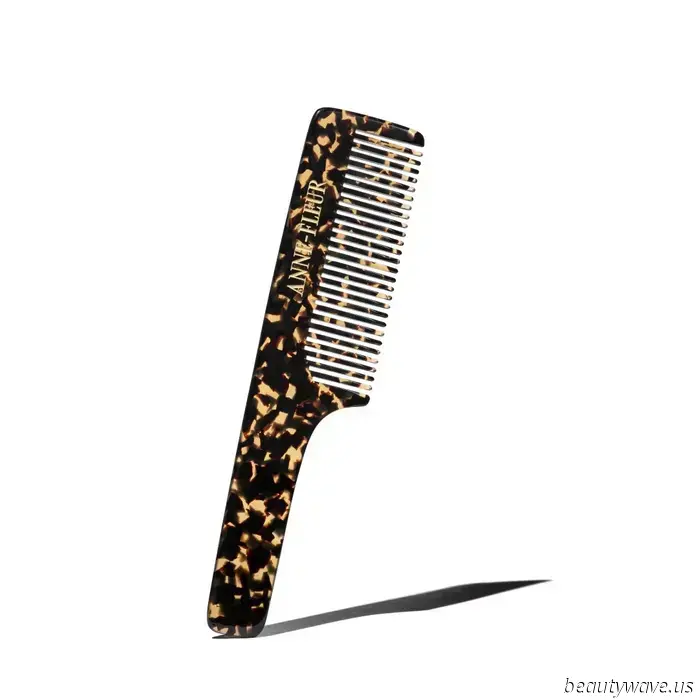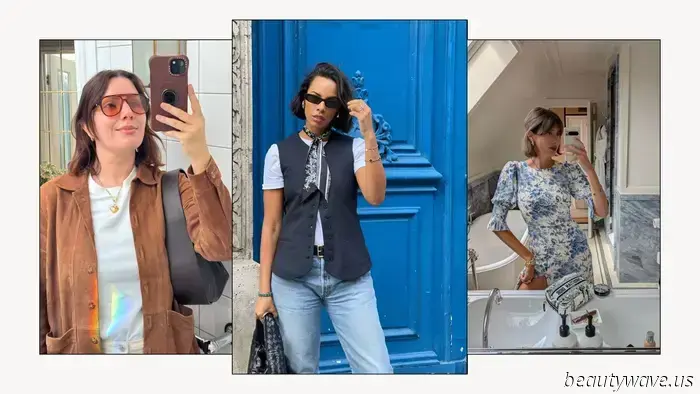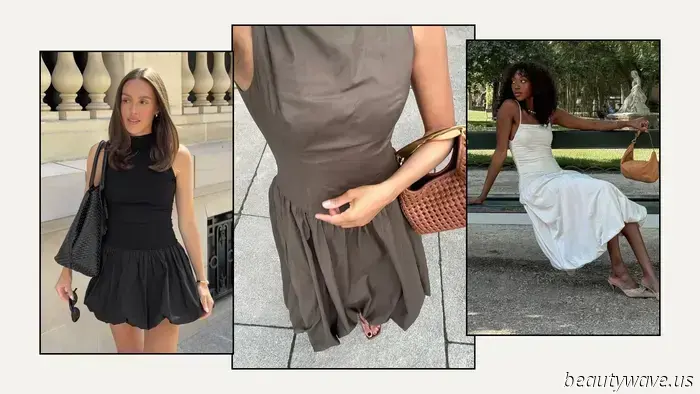
For Generation Z, trends are no longer in vogue; instead, hyper-personal style takes the spotlight.
Gen Z Says is a bimonthly column that explores the latest trends in fashion and beauty through the perspective of Who What Wear’s Gen Z editors. Look forward to insights on the new wave of tastemakers, emerging designers, and shopping choices directly from the generation driving these trends. Let's clarify: Gen Z doesn’t simply get dressed; they curate their looks. Each embroidered travel pouch, ironic trucker hat, and rosette-adorned baby tee serves as a conscious expression of identity, transcending a mere outfit. Welcome to the era of hyper-personal style, where traditional high fashion takes a backseat to unique and highly individual expressions of sartorial virtues.
In 2025, Gen Z fashion seems to convey precisely who you are—your beliefs, your politics, your entire digital persona—without a word being spoken. What may appear chaotic to some is often a very intentional personal statement: a graphic tee referencing a niche meme or a fruit-shaped hair clip serving as a coded expression of advocacy for a cause. These selections are not arbitrary; they are thoughtfully curated, layered, and often strategic. Abby Price, founder of New York-based personalization brand Abbode, shares with Who What Wear that Gen Z has developed a strong desire to stand out and personalize their style, having grown up in a digital landscape filled with mainstream trends and algorithms. The brand’s rapid success in social media and sales reflects Gen Z's inclination towards unique items and styles.
Price notes, "Embroidery, in particular, evokes nostalgia and permanence, contrasting with the transient nature of digital culture... Gen Z seeks products that mirror their individuality and experiences, which we can translate into tangible items." Some critics refer to this as “screen time core,” and it’s true that Gen Z's tastes are influenced by their social media interactions—meme pages, curated Pinterest boards, and the nuances of social media irony play significant roles. However, this does not diminish its depth. Rather, Gen Z's hyper-personal style is a reflection of their generation maturing in a time when dial-up internet was a relic. The under-27 crowd has grown up online, where their identities are constantly curated and validated by strangers on screens. It's thus logical that their real-life style is another outlet for self-expression.
Some boomers may dismiss hyper-personal style as trivial, but I would argue it represents a profound way to express oneself. What you wear now reflects not just your preferences, but who you are—or who you wish the algorithm (and your ex) to perceive you as. Through personalized touches, deliberate styling, and expressive text-heavy garments, Gen Z is communicating clearly. It could even be said that they let their outfits speak for them.
What’s more personal than literally marking your belongings with your initials? Be it embossed hair combs, monogrammed lip balm cases, or embroidered makeup bags, Gen Z is literally stamping their identity on their possessions. Price explains, "I think [personalization] started as a trend, but now it’s evidently part of something larger." After opening a storefront in May 2021, Price transitioned her vintage homeware business to focus wholly on embroidery and personalization in response to increasing demand. Now, her team ships thousands of monthly orders, allowing Gen Z to add personal touches to items like pajamas, travel pouches, or even bridal veils, transforming mundane essentials into meaningful possessions. "Just as people are prioritizing experiences, there’s a rising desire for significance in the physical items we wear and gift," Price elaborates. "Embroidery might not be the only solution, but it represents a way to slow down and assert, 'this is for me, and only me.' As AI and automation accelerate, personalization becomes a form of defiance against fast fashion and mass production."
Customization is not just a charming trend; it symbolizes a transformation, converting mass-produced items into unique heirlooms and providing a powerful means to assert one’s individuality amid a sea of uniformity.
Gen Z doesn’t just accessorize—they accumulate. Whether it’s bag charms, sneaker clips, quirky bows, plush keychains, or extra belts, it’s clear that achieving a "finished" look is no longer the goal. Instead, outfits are designed to incorporate layers of sentiment, irony, and low-stakes chaos. A Labubu might indicate mastery of niche internet culture, while a Hello Kitty charm could evoke comforting memories. A bow on a puffy Baggu bag? It exemplifies performative softness. Unlike Millennials, who focused on decluttering their closets, Gen Z intentionally embraces a curated chaos.
This inclination to adorn oneself speaks to a deeper need for personalization in a world where identity feels increasingly fragmented and performative. Each object added to an outfit serves as another data point demonstrating who you are. It’s like real-life sharing, but rather than through words, it’s through accessories.
For Gen Z, irony serves as more than just a coping mechanism; it’s a defining












Other articles
 I consulted an expert about the best short haircuts for my round face shape, and they suggested these 11 options.
Off to the salon!
I consulted an expert about the best short haircuts for my round face shape, and they suggested these 11 options.
Off to the salon!
 Farewell, Linen Trousers—From Now On, This Stylish Pant Trend Will Be Worn by Fashion Enthusiasts Everywhere.
I assure you of it.
Farewell, Linen Trousers—From Now On, This Stylish Pant Trend Will Be Worn by Fashion Enthusiasts Everywhere.
I assure you of it.
 You may be doubtful, but this controversial dress trend is set to return in 2025.
I'm all for it.
You may be doubtful, but this controversial dress trend is set to return in 2025.
I'm all for it.
 I Tested Shakira's New Haircare Line—Here's How My Curls Fared.
Shakira's new haircare line has arrived and is already making waves. Here's how a beauty editor evaluated the products.
I Tested Shakira's New Haircare Line—Here's How My Curls Fared.
Shakira's new haircare line has arrived and is already making waves. Here's how a beauty editor evaluated the products.
For Generation Z, trends are no longer in vogue; instead, hyper-personal style takes the spotlight.
From ironic baby tees to personalized makeup pouches, Gen Z is seeking personality-driven fashion as a way to understand our world.
